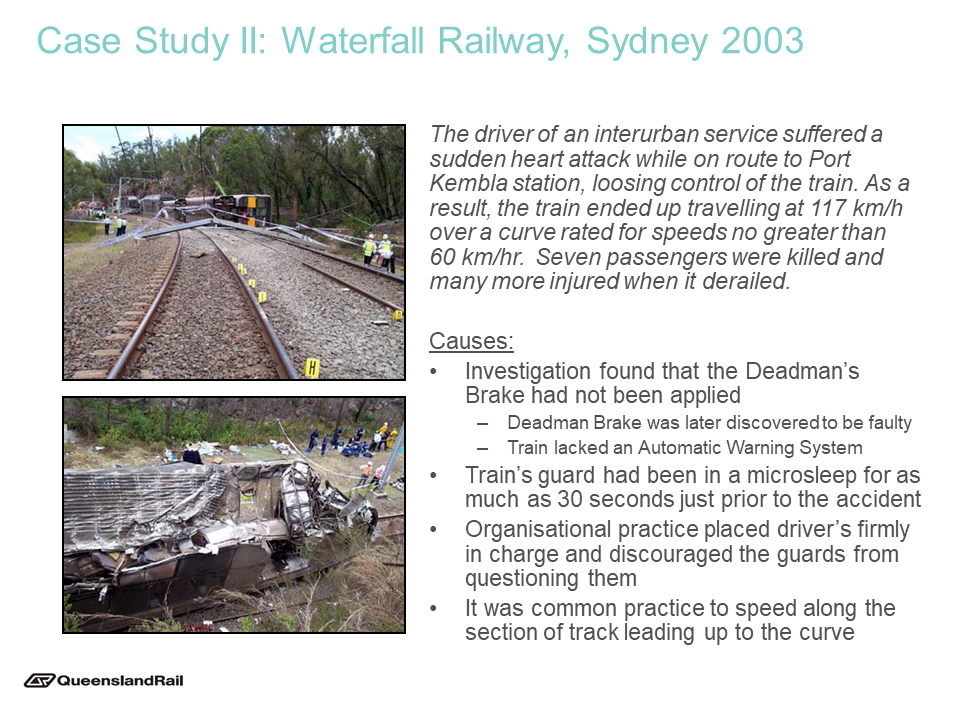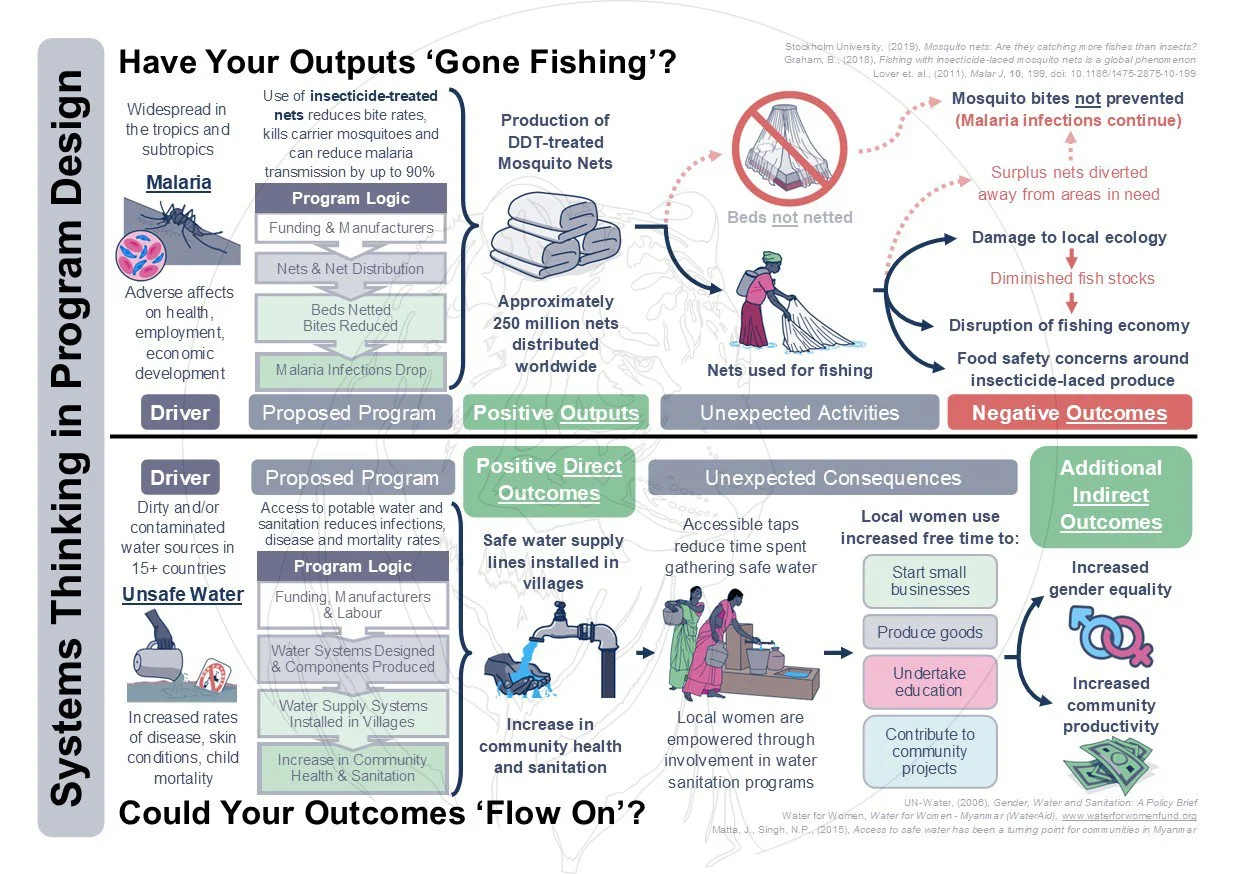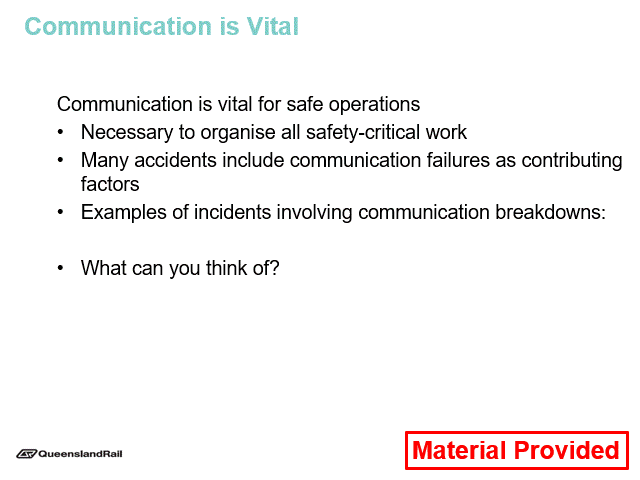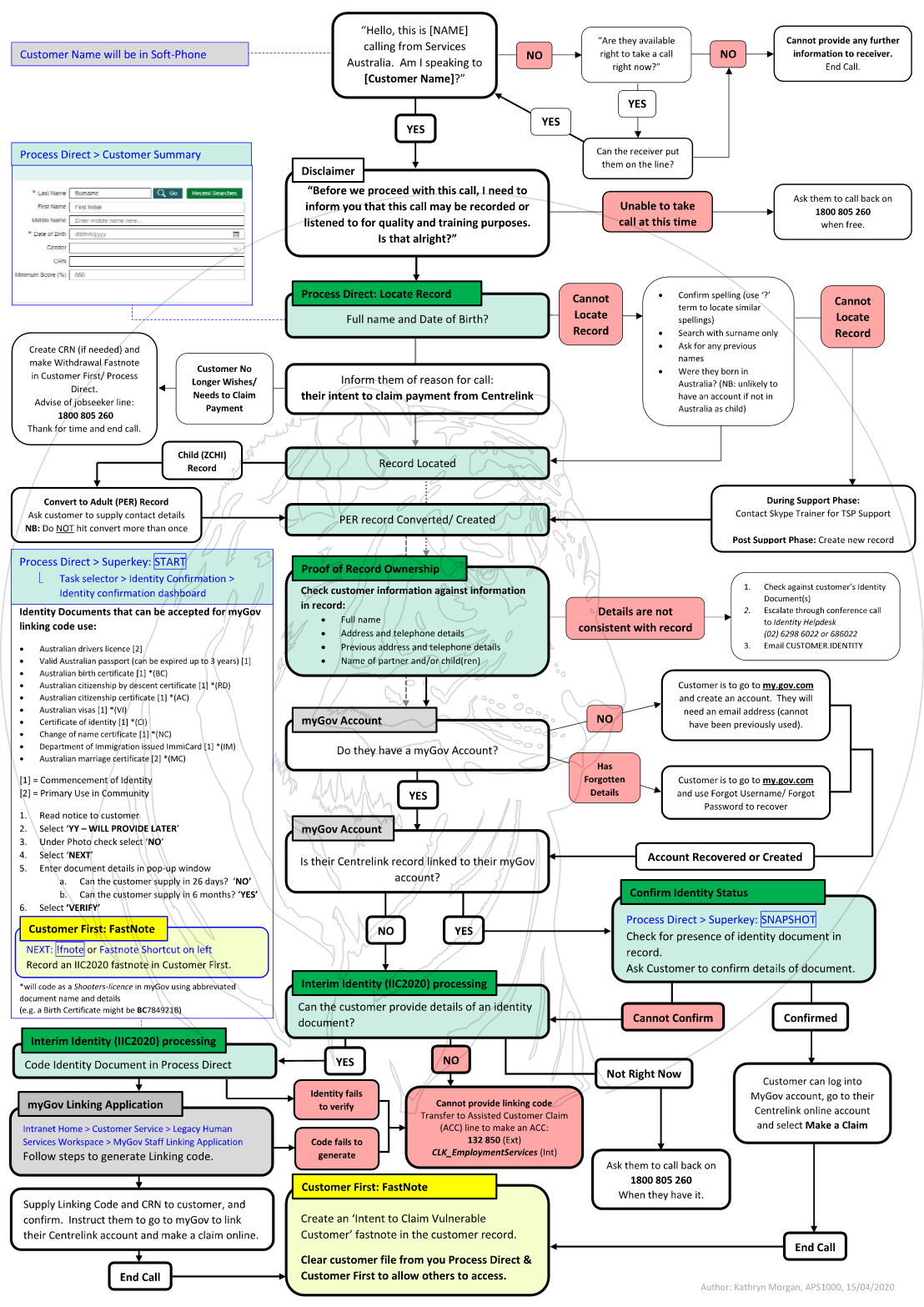Support documents and training materials developed for various organisations.
Grants Design for Social Services
This internal handout was produced to accompany an Experts Panel discussion on community grant program design for the Grants Management Office of the Commonwealth Department of Social Services. A theme of the expert panel was how to design and evaluate proposed programs, optimise intended program outcomes and anticipate unintended consequences.
The first page provides an overview of program terms, program evaluation and stakeholder-conscious thinking. The second page uses bespoke graphics and text copy to summarise two case studies in systems thinking for program design.
A quick-reference overview of Module 2: Understanding your programme (pp. 10-25) from the Social Policy Evaluation and Research Unit (Superu)’s public sector handbook Making sense of evaluation (2017) . Penguin graphics sourced from the Superu publication guided the layout, visual design and colour palette of the handout.
Case study 1: Negative outcomes from positive outputs. A program intended to reduce malaria cases in the tropics resulted in negative outcomes when food needs drove community members to use the supplied mosquito-nets for fishing.
Case study 2: Additional indirect outcomes. A program to improve community health through safe water access resulted in increased gender equality and community productivity by empowering local women and increasing free time
Queensland Rail Training Presentations: Understanding Human Factors
Samples of a PowerPoint presentation pack commissioned by a Human Factors Consultant at Queensland Rail for a staff training series.
The client provided the Queensland Rail presentation template, a rough draft of the presentation content and some initial diagrams/ photographs. I then generated polished slide layouts and text copy, supplementing the provided material with independent research, sourced images and bespoke diagrams.
Material was produced for 6 modules: Module 1 - Introduction to Rail Resource Management and Human Factors; Module 2 - Workload Management; Module 3 - Situation Awareness; Module 4 - Decision Making in Rail Resource Management; Module 5 - Communication in Rail Resource Management; Module 6 - Teamwork.
The client was highly satisfied with the result. Slides were praised by Queensland Rail staff and managers for their visual style and informational content.











Sample of final slides provided for Module 1 - Introduction to Rail Resource Management and Human Factors. This module made heavy use of case studies to introduce the importance of human factors in causing and preventing workplace incidents.
Bespoke case study. Part-way through development of Module 5 - Communication in Rail Resource Management the client advised that they no longer had permission to use one of the case studies supplied in the outline. This alternate case study of a similar incident was independently researched and compiled as a substitute.




Sample of bespoke slides created for various modules. These slides were independently researched and compiled to provide context or additional case studies.
Examples of material supplied by client vs final slides delivered.
Process Guide for Centrelink Telephone Support
In April 2020 a large workforce of Australian Public Service staff (later known as the APS1000) were redeployed on short notice to Services Australia to provide account assistance to a mass-influx of new Centrelink customers claiming support over business closures caused by Coronavirus COVID-19 pandemic restrictions. Many of these staff had little to no previous training or experience in high-volume call processing.
This handout was created as a support tool, converting the training presentations into a single-page flow diagram that staff could follow while on a live call with a customer to ensure they were complying with all process steps and disclaimers. The handout went on to be officially adopted by Services Australia and incorporated into training packs for later APS1000 staff.




